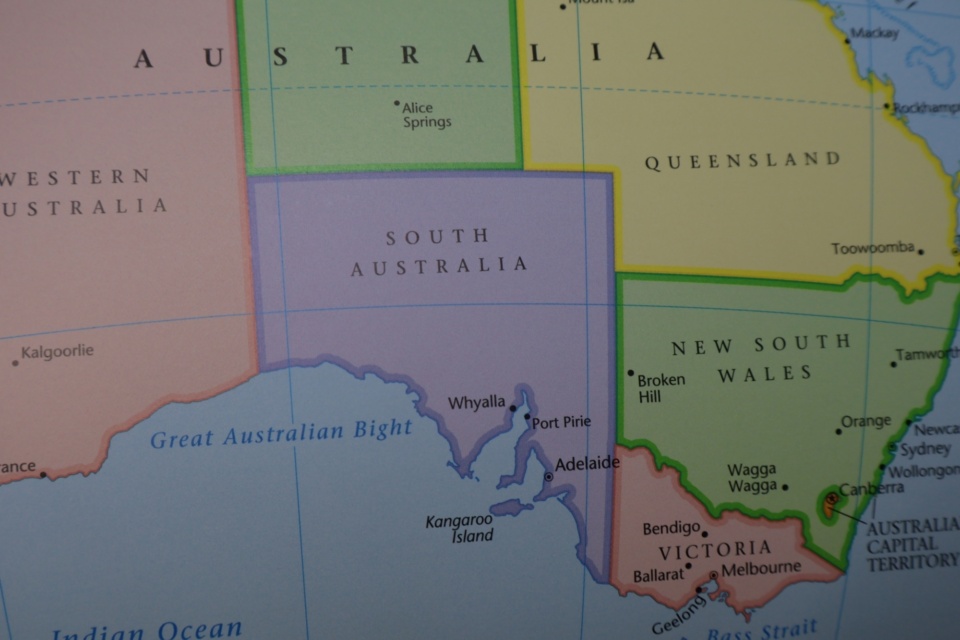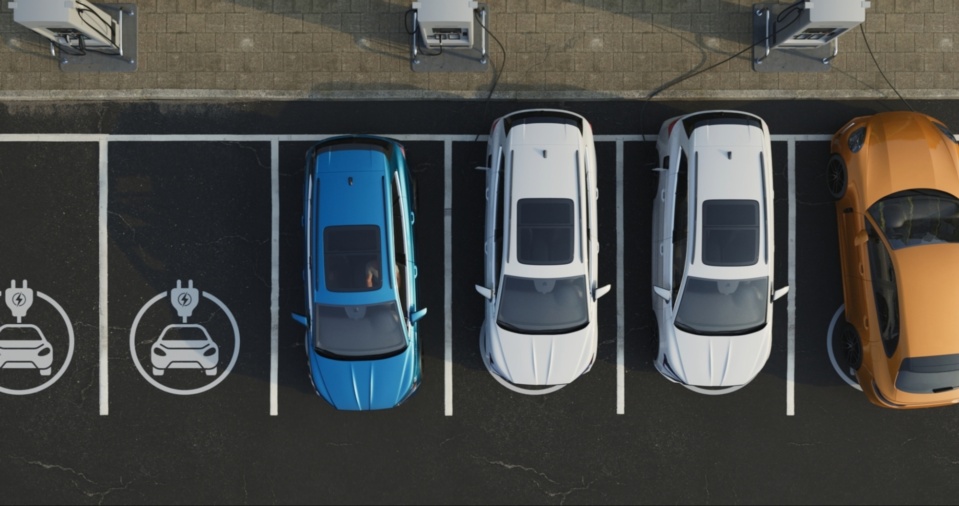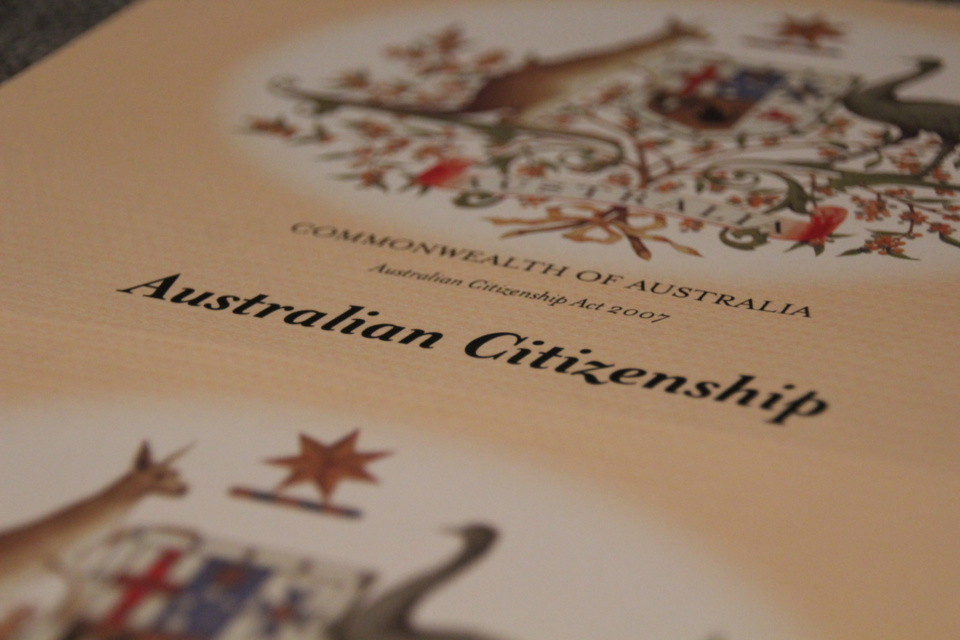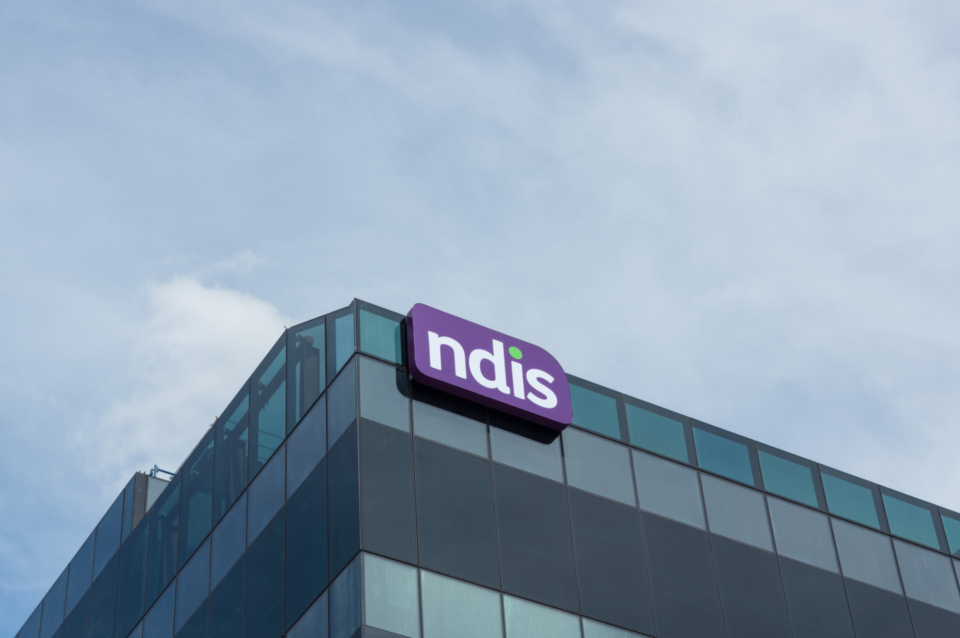
One Nation’s chances as a dominant conservative party are piñata-like
Posted on 11 Feb 2026
Opinions polls insist Pauline Hanson's fortunes are on the rise, but it is likely that enthusiasm…
Posted on 13 Feb 2025
By Violet Roumeliotis

An alarming epidemic of weaponised gender-based violence is silently escalating in the shadows of conflicts around the world, affecting 60 million displaced women and girls, says the CEO of Settlement Services International, Violet Roumeliotis.
Despite rarely making the headlines, a surging number of displaced women and girls are being affected by gender-based violence, including sexual assault and intimate partner violence.
This violence is not new – yet the deliberate use of widescale sexual violence as a weapon of war has rapidly increased. The UN Special Representative of the Secretary-General on Sexual Violence in Conflict, Pramila Patten, recently sounded the alarm, reporting a 50 per cent increase in incidents of conflict-related sexual violence compared to the previous year. Women and girls accounted for 95 per cent of reported cases.
Gender-based violence is on the rise and continues to disproportionately affect women and girls in emergencies.
I recently spoke with April Pham, an expert on gender in the international aid system, who was in Australia meeting with those of us working at the coalface to look at how we can partner to address this epidemic. Pham is the senior gender advisor and chief of the gender unit at the United Nations Office for the Coordination of Humanitarian Affairs in New York. She leads the organisation’s efforts to promote gender equality in humanitarian operations.
“In many of the humanitarian emergencies we are responding to, we increasingly witness the rise in gender-based violence exacerbated by conflict, displacement, insecurity and food scarcity,” said April.
“In Sudan, for instance, women’s civil society have been at the forefront of response to communities affected by the war and have been sounding the alarm that sexual violence is increasingly being used as a tactic of war but that the services remain limited.”
The conflict in Sudan, now the largest internal displacement crisis since Syria, has doubled gender-based violence cases globally. Between January and July 2024, there was a 400 per cent surge in gender-based violence survivors seeking case management services. The humanitarian response for 2025 is planning for the needs of 12 million people in need of gender-based violence services.
This is not unique to Sudan; similar patterns are seen in many crises, displacement camps, and host communities in places like Democratic Republic of Congo, Myanmar, Gaza and Haiti.
The impact of this violence is worsened by the deeply gendered effects of conflict and displacement, with women and girls bearing the brunt, facing limited access to food, safe water, menstrual hygiene needs and essential sexual and reproductive health services.
“It’s predominantly women and children whose needs are not prioritised in many displacement and conflict situations,” said Pham.
“Providing sexual reproductive health services and medical care to survivors in these settings is critical. When this is missing, it has far-reaching consequences.”

“We need to listen to the women working in these crises and understand their perspectives — what they are experiencing and where they need support.”
In Sudan, the conflict has caused a severe educational breakdown, preventing more than 74 per cent of school-aged girls from attending school and increasing their vulnerability to harmful practices such as child marriage and female genital mutilation.
Pham, who has been working globally to integrate a gender perspective into humanitarian operations and prioritise the needs of women and girls, says that localising support for women and girls is essential.
“Whilst women and girls may bear the brunt of conflict, they are also agents of change, often leading local response. Humanitarian organisations and donors must do more to partner, support and fund local women-led and refugee-led organisations on the ground in these crisis settings,” she said.

Large institutions should adopt more flexible funding criteria, as smaller grassroots organisations often lack the systems needed to meet their demanding reporting requirements.
Pham’s call for the recognition of the importance of participation and leadership of local actors resonates strongly with our own efforts at SSI to promote gender equality in these settings.
For example, over the past two years, we have been working alongside local organisations in Afghanistan to strengthen their capacity to address the unique needs of women and girls.
Since the Taliban took control in August 2021, the country’s 21.4 million women and girls have experienced a systematic and ongoing erosion of their human rights and existence in public space. Restrictions on women’s employment, freedom of movement, education and access to justice have significantly increased their vulnerability to family and gender-based violence, with each new edict targeting women and girls.
An example was the edict in August banning the sound of women’s voices in public. Another was the December letter warning of potential implications for non-government organisations (NGOs) that violated restrictions on Afghan women working in humanitarian organisations, related to a December 2022 directive.
There has been a rapid escalation of endemic levels of rape and sexual harassment, often occurring within the home, as economic hardships mount.
In 2022, SSI partnered with the Asia Pacific Network of Refugees and local Afghan organisations to provide emergency relief to displaced Afghan families. Through this effort, we reached more than 10,000 people – many of them unemployed women unable to meet basic needs – by distributing packages of food and essential items.
SSI also continues to collaborate with the Asia Pacific Refugee Rights Network (APRRN) to address the limited access to justice faced by many survivors, particularly amid the regression of human rights and the increasing restrictions on Afghan women and girls.
With SSI’s support, APRRN ran a 14-week training course to equip female Afghan lawyers — who had stopped practising — with the skills to provide legal advice, under new Taliban law, to survivors in need. The trainees are already assisting a large group of Afghan women to explore new pathways to support gender-based violence cases. APRRN plans to continue the training in 2025.
Pham also pointed to global forums such as the Commission on the Status of Women (CSW), taking place in New York this March, as crucial opportunities for these women to share their experiences, where international and humanitarian organisations, such as SSI, are interested and ready to listen.
“We need to listen to the women working in these crises and understand their perspectives — what they are experiencing and where they need support,” she said.
Closer to home, countries such as Australia, countries that have committed to addressing gender-based violence such as domestic violence, could do more globally for women and girls in humanitarian crises.
To work towards ensuring our humanitarian actions reflect the reality of deeply gendered conflicts, Pham urged us all to prioritise the needs and experiences of women and girls in crisis, resource women’s participation and protection, and “identify, partner, and invest in women’s organisations and networks.”
Violet Roumeliotis is CEO of Settlement Services International (SSI).
We're proud to take a stand on progressive issues. Here's a taste of our commentary.

Posted on 11 Feb 2026
Opinions polls insist Pauline Hanson's fortunes are on the rise, but it is likely that enthusiasm…

Posted on 28 Jan 2026
This year’s Adelaide Writers’ Week began with the cancellation of a talk by Palestinian-Australian…

Posted on 17 Dec 2025
Posturing by the US president about Europe's immigration policies, even warnings of future…

Posted on 03 Dec 2025
If you wanted an example of the problems inherent in federal systems, you couldn’t do better than…

Posted on 19 Nov 2025
When it comes to loyalty to car brands, it can be confusing who we should support, and, even more…

Posted on 05 Nov 2025
Before the Prime Minister gets too excited about his recent meeting with the American President, he…

Posted on 14 Oct 2025
The idea of "long term" is not something that sits well in the social media era, yet governments…

Posted on 30 Sep 2025
I am proud of what Our Community, and its exceptional team, have achieved in the past 25 years. As…

Posted on 16 Sep 2025
Happy Australian Citizenship Day! To mark the occasion, Our Community leader Denis Moriarty takes…

Posted on 02 Sep 2025
Words live, evolve, and sometimes die. Some words are invented from scratch, some are old words…

Posted on 26 Aug 2025
The cost of the National Disability Insurance Scheme (NDIS) is climbing relentlessly – $44 billion…

Posted on 04 Aug 2025
The new leader of the Liberal Party, Sussan Ley, wants to increase the proportion of women…